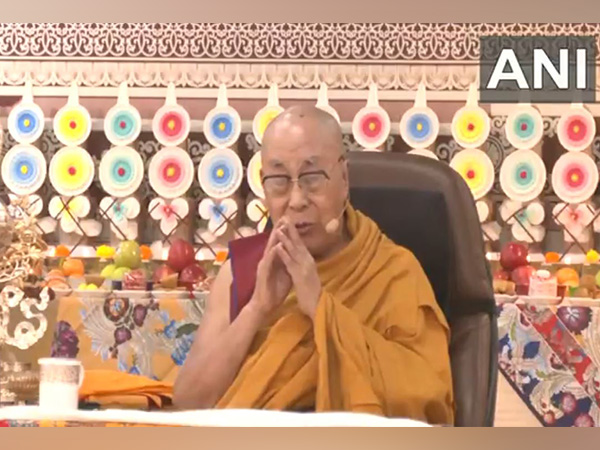In Search of the Dalai Lama’s Successor: A Spiritual Legacy at a Crossroads
The 14th Dalai Lama, spiritual leader of Tibetan Buddhism, fled to India in 1959. Now 90, he hints at discussing his successor. Awarded the Nobel Peace Prize in 1989, he promotes Tibetan autonomy through non-violence. China, opposed to him, may choose a successor not recognized by Tibetans.

The Dalai Lama, revered as the spiritual leader of Tibetan Buddhism, has consistently referred to himself as a simple monk. For over six decades, armed only with charisma and determination, he has successfully kept the Tibetan cause in the global conversation.
In exile since fleeing Chinese rule in 1959, the Dalai Lama has championed a peaceful 'Middle Way' approach to achieve autonomy and religious freedom for Tibetans, a mission that earned him the 1989 Nobel Peace Prize. He has inspired millions while facing criticism from China, which labels him as a separatist.
As he approaches his 90th birthday, the Dalai Lama has indicated he might address the question of his successor. Tibetan tradition suggests the reincarnation of a senior monk after their death. In recent statements, he emphasized that any successor must be born in the 'free world,' explicitly outside China.
(With inputs from agencies.)








